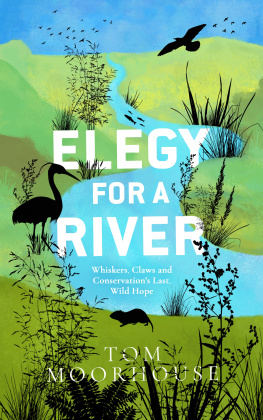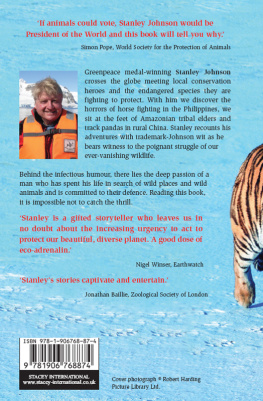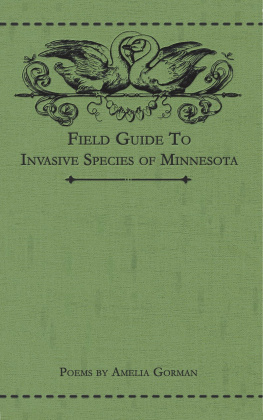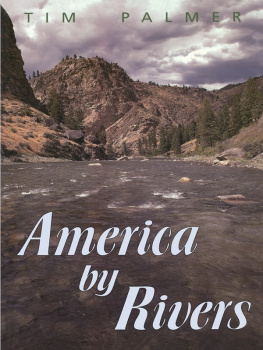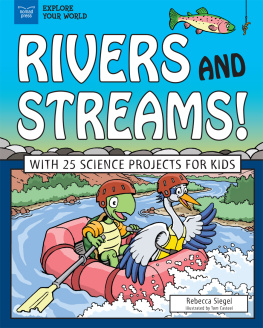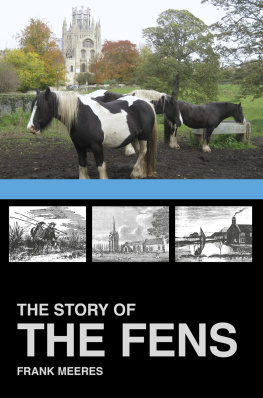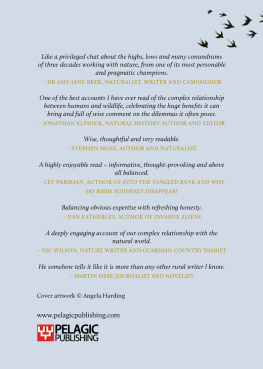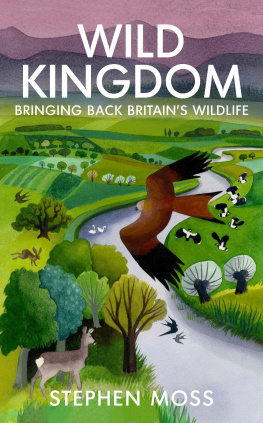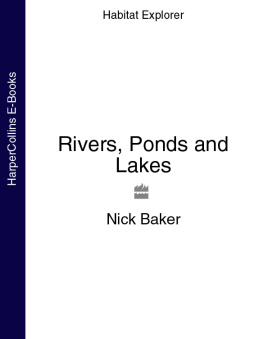Tom Moorhouse - Elegy For a River: Whiskers, Claws and Conservations Last, Wild Hope
Here you can read online Tom Moorhouse - Elegy For a River: Whiskers, Claws and Conservations Last, Wild Hope full text of the book (entire story) in english for free. Download pdf and epub, get meaning, cover and reviews about this ebook. year: 2021, publisher: Transworld, genre: Detective and thriller. Description of the work, (preface) as well as reviews are available. Best literature library LitArk.com created for fans of good reading and offers a wide selection of genres:
Romance novel
Science fiction
Adventure
Detective
Science
History
Home and family
Prose
Art
Politics
Computer
Non-fiction
Religion
Business
Children
Humor
Choose a favorite category and find really read worthwhile books. Enjoy immersion in the world of imagination, feel the emotions of the characters or learn something new for yourself, make an fascinating discovery.
- Book:Elegy For a River: Whiskers, Claws and Conservations Last, Wild Hope
- Author:
- Publisher:Transworld
- Genre:
- Year:2021
- Rating:5 / 5
- Favourites:Add to favourites
- Your mark:
Elegy For a River: Whiskers, Claws and Conservations Last, Wild Hope: summary, description and annotation
We offer to read an annotation, description, summary or preface (depends on what the author of the book "Elegy For a River: Whiskers, Claws and Conservations Last, Wild Hope" wrote himself). If you haven't found the necessary information about the book — write in the comments, we will try to find it.
A DAILY MAIL BOOK OF THE WEEK: particularly enjoyable
Somehow laugh-out-loud funny - passionate, warm and full of fascinating insights into the eccentric world of the field naturalist. - Isabella Tree, author of Wilding
Water voles are small, brownish, bewhiskered and charming. Made famous by Ratty in The Wind in the Willows, once they were a ubiquitous part of our waterways. They were a totem of our rivers. Now, however, they are nearly gone. This is their story, and the story of a conservationist with a wild hope: that he could bring them back.
Tom Moorhouse spent eleven years beside rivers, fens, canals, lakes and streams, researching British wildlife. Quite a lot of it tried to bite him. He studied four main species - two native and endangered, two invasive and endangering - beginning with water voles. He wanted to solve their conservation problems. He wanted to put things right.
This book is about whether it worked, and what he learnt - and about what those lessons mean, not just for water voles but for all the worlds wildlife. It is a book for anyone who has watched ripples spread on lazy waters, and wondered what moves beneath. Or who has waited in quiet hope for a rustle in the reeds, the munch of a stem, or the patter of unseen paws.
Praise for Tom Moorhouse:
The pages of this book are shot through with quicksilver light reflected from wet fur - not a lament for our rivers but a chorus of hope for their future. - Raynor Winn, author of The Salt Path
Beautiful and important. Toms book is extraordinary in its gentle curiosity and sympathy for his subjects. I love this book. - Sir Tim Smit KBE, Executive Vice-Chairman and Co-founder of the Eden Project
Terrific. Lightly but beautifully written. Very moving. Water voles are adorable little beasts. They are also tough, randy and stroppy, as Tom Moorhouse makes clear in this wry, amusing account of the often bloody, painful and frustrating business of conservation fieldwork. I hold stubbornly to optimism, he declares, and his Elegy for a River demands that we do the same. - Christopher Somerville, walking correspondent for The Times and author of The January Man
Tom Moorhouse: author's other books
Who wrote Elegy For a River: Whiskers, Claws and Conservations Last, Wild Hope? Find out the surname, the name of the author of the book and a list of all author's works by series.

